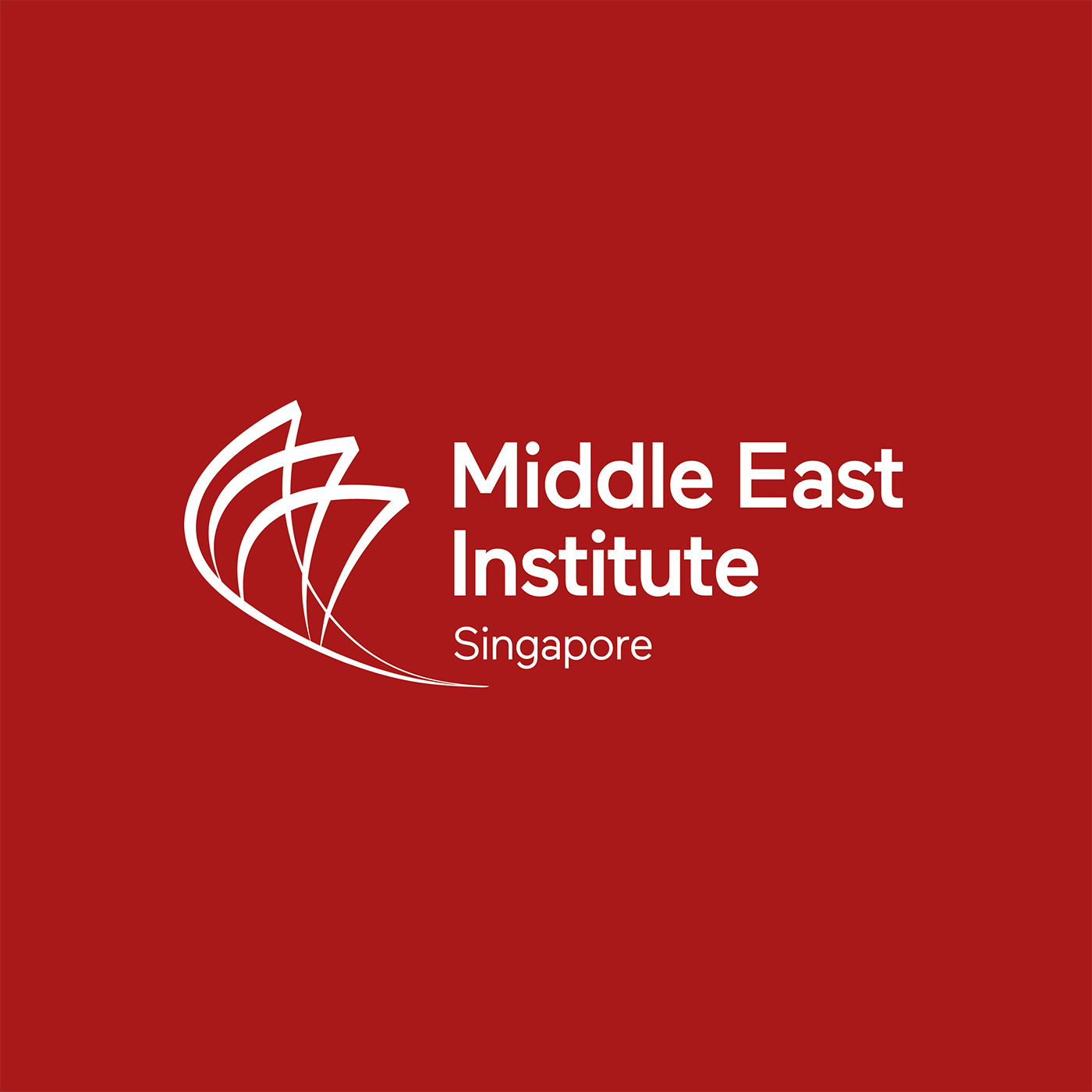Episodes
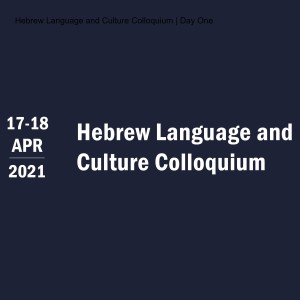
Tuesday Apr 20, 2021
Hebrew Language and Culture Colloquium | Day One
Tuesday Apr 20, 2021
Tuesday Apr 20, 2021
Hebrew Language and Culture Studies in Southeast Asia: Current Condition and Future Prospects
This two-day online conference will explore the potential for growth of Hebrew language and culture at the university level in Southeast Asia and the possibilities for cooperation and collaboration in the learning and teaching of the Hebrew language, in order to raise the profile of the Hebrew language and culture in academic studies in Southeast Asia; and generate scholarly cooperation among different institutions in Southeast Asia.
Notable experts and professionals will share their points of view from various perspectives concerning Hebrew language and culture. The speakers will be scholars of Hebrew literature and culture, Hebrew language professors and academics. Participants and speakers will examine and discuss subjects concerning the relevance and potential of Hebrew language and culture as part of studies in institutions and universities in Southeast Asia.
Click here for programme details: https://mei.nus.edu.sg/wp-content/uploads/2021/03/Programme-17-18-April-2021-R5.pdf

Wednesday Apr 21, 2021
Hebrew Language and Culture Colloquium | Day Two
Wednesday Apr 21, 2021
Wednesday Apr 21, 2021
Hebrew Language and Culture Studies in Southeast Asia: Current Condition and Future Prospects
This two-day online conference will explore the potential for growth of Hebrew language and culture at the university level in Southeast Asia and the possibilities for cooperation and collaboration in the learning and teaching of the Hebrew language, in order to raise the profile of the Hebrew language and culture in academic studies in Southeast Asia; and generate scholarly cooperation among different institutions in Southeast Asia.
Notable experts and professionals will share their points of view from various perspectives concerning Hebrew language and culture. The speakers will be scholars of Hebrew literature and culture, Hebrew language professors and academics. Participants and speakers will examine and discuss subjects concerning the relevance and potential of Hebrew language and culture as part of studies in institutions and universities in Southeast Asia.
Click here for programme details: https://mei.nus.edu.sg/wp-content/uploads/2021/03/Programme-17-18-April-2021-R5.pdf
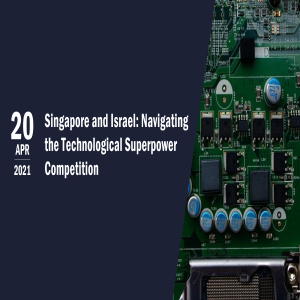
Wednesday Apr 21, 2021
Singapore and Israel: Navigating the Technological Superpower Competition
Wednesday Apr 21, 2021
Wednesday Apr 21, 2021
Cutting-edge technologies and innovative capabilities are becoming increasingly essential in determining the superpower race and defining the future position and role of smaller states.
Innovative leaders such as Singapore and Israel, have to increase cooperation and develop joint strategies to prepare for a geopolitical landscape that seems to be growing more uncertain and divided. Leading the race of artificial intelligence, semiconductors, 5/6G, satellite communication and other technologies will prepare both countries significantly better in balancing between the superpowers. In light of growing trends such as decoupling or attempts at self-reliance, countries have to assess their capabilities and build long-term strategies.
In this special event led by the Middle East Institute (NUS) and the Abba Eban Institute for International Diplomacy (AEI), we will expand on the different challenges and opportunities faced by Middle Eastern countries in the technological sphere.
Click here for the event programme: https://mei.nus.edu.sg/wp-content/uploads/2021/04/20-April-2021-Event-Programme-R3.pdf
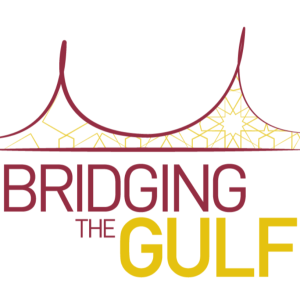
Monday Apr 26, 2021
Monday Apr 26, 2021
The Arab states of the Persian Gulf are global energy powerhouses. The region is traditionally understood as energy-rich, religiously conservative, and ruled by powerful royal families, factors that theoretically contributed to stability in the Gulf. However, the Gulf is changing. Oil prices are low, placing fiscal pressure on Gulf governments. A new generation of royals have come to power, disrupting the status quo. Islamist movements have been more active since the Arab Spring protests and Gulf governments are deeply divided over how to respond. Untangle new trends in Gulf politics, debunk common misconceptions about the region and learn what you need to know to understand the contemporary Gulf in the first episode of MEI's Bridging the Gulf.
Speaker: Dr Jessie Moritz, Australian National University
Opening tune by audionautix.com
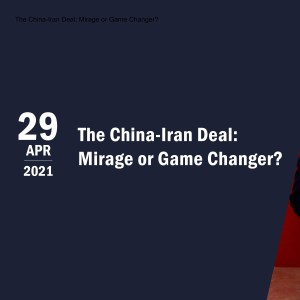
Friday Apr 30, 2021
The China-Iran Deal: Mirage or Game Changer?
Friday Apr 30, 2021
Friday Apr 30, 2021
Is the hype surrounding the recently concluded US$400 billion China-Iran deal justified? Comprehensive Strategic Partnerships (CSPs) top the totem pole when it comes to China’s bilateral relationships, but it has such deals with other Gulf countries, too. Is the timing of the deal, which coincides with JCPOA negotiations, significant? Is Iran leveraging its relations with Beijing to force Washington’s hand? Will it significantly alter the balance of power in the region? The Middle East Institute has hosted a panel of experts to tackle these and other questions.
This public talk was conducted online via Zoom on Thursday, 29 April 2021, from 5.00pm to 6.30pm (SGT). Click on the following link for more details about the event: https://mei.nus.edu.sg/event/the-china-iran-deal-mirage-or-game-changer/
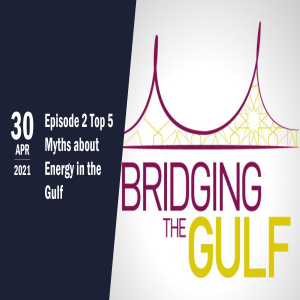
Wednesday May 05, 2021
Bridging the Gulf Episode 2 — Top 5 Myths about Energy in the Gulf
Wednesday May 05, 2021
Wednesday May 05, 2021
Episode 2 — Top 5 Myths about Energy in the Gulf (Friday, 30 April 2021)
Speaker: Dr Li-Chen Sim, Khalifa University One of the more enduring myths in the
Gulf is that oil is so plentiful – every household has an oil well in their backyard. This webinar will explore the reality behind the five most common myths about energy in the Gulf. It will also consider how these myths impact upon perceptions and policies for domestic development and international affairs. Come along to see if you can discern fact from fiction.
___
Dr Li-Chen Sim is an Assistant Professor at Khalifa University in the UAE. She is a specialist in the political economy of Russian and Gulf energy and its intersection with international relations. Her research interests include Gulf-Asia exchanges, Russia-China relations in the Middle East and Russia-Gulf interactions. Her most recent book Low Carbon Energy in the Middle East and North Africa was just published by Palgrave last month. Dr Sim holds a PhD from Oxford University.
![[Boots Off the Ground: Security in Transition in the Middle East and Beyond] Episode 14: Rethinking Military Waste](https://pbcdn1.podbean.com/imglogo/ep-logo/pbblog4563756/BOTG_LOGO_aat_Dec_20207ecu4_300x300.jpg)
Thursday May 06, 2021
Thursday May 06, 2021
In this podcast Dr Joshua Reno, Professor of Anthropology at Binghamton University, discusses how the pressure of constant war-readiness produces military waste which in turn animates places and people far from the battlegrounds. He argues that rejected designs, outdated planes, scrapped ships, and space debris, should be central to calculations of social, political, and economic costs of war.
This podcast series is presented by Dr Alessandro Arduino, Principal Research Fellow and Dr Ameem Lutfi, Research Fellow, at the Middle East Institute, National University of Singapore.
![[Book Talk] Protecting China’s Interests Overseas: From the Middle East to Central Asia](https://pbcdn1.podbean.com/imglogo/ep-logo/pbblog4563756/Video_Title_Template_oil_event_title7hchi_300x300.png)
Thursday May 06, 2021
Thursday May 06, 2021
Andrea Ghiselli, author of the book Protecting China’s Interests Overseas: Securitisation and Foreign Policy, will discuss Chinese foreign and security policymaking with Raffaello Pantucci, a researcher at RSIS whose work looks at security dynamics in the Eurasian heartland. Focusing on the broad territory that lies between MENA and South and Central Asia, Ghiselli and Pantucci will discuss China’s challenges in managing non-traditional security issues across this wide landscape and the gradual development of a Chinese strategic approach to defending its interests overseas.
With a footprint that has dramatically increased since the announcement of the Belt and Road Initiative by President Xi Jinping in 2013, Chinese companies and institutions are increasingly having to manage a more complicated range of security threats. From terrorism to crime and political risk and geopolitical risks, Chinese firms and citizens find themselves in ever more precarious places and the Chinese state is still working out how to play a role in managing these risks. Moderated by MEI Principal Research Fellow Alessandro Arduino, Ghiselli and Pantucci will explore these questions and highlight particular issues Dr Ghiselli focuses on in his new book.
Event image taken from the cover of Protecting China’s Interests Overseas, Securitization and Foreign Policy by Andrea Ghiselli

Monday May 10, 2021
Monday May 10, 2021
The past five years have witnessed tremendous changes in Saudi Arabia affecting the line of royal succession, the business class, the religious establishment and the social scene. This week's episode of Bridging the Gulf will explain the significance of these changes in the context of the kingdom’s foundation, the decades-long intertwining of religion and political power, the discovery of oil, and Saudi Arabia's religious significance. It will also examine the rise of Crown Prince Mohammed Bin Salman and his interest in diversifying the economy to implement “Vision 2030”.
Speaker: Ms Eman Alhussein, Arab Gulf States Institute in Washington
Opening tune by audionautix.com

Sunday May 16, 2021
Bridging the Gulf Episode 4 — Answering the Five “W”s of Kuwaiti Democracy
Sunday May 16, 2021
Sunday May 16, 2021
Bridging the Gulf Episode 4 — Answering the Five “W”s of Kuwaiti Democracy (Friday, 14 May 2021):
Speaker: Dr Tahani Al Terkait, Kuwait
Did you know that Kuwait began adopting democracy as a system of government since its independence in 1961? By shedding light on the old ruling traditions of Islamic shura (consultation) and joint governing, we trace Kuwait’s path towards a civil and constitutional state. From the reign of a shrewd desert warrior to the Iraqi invasion in 1990, how has the nature of Kuwaiti leadership changed? How harmonious have the cabinet and the parliament been since the beginning of their coexistence? Did you know that Kuwait is regarded as a mediator of the Middle East, much like Norway in Europe? This webinar will also provide an overview of Kuwait’s balanced foreign policy.
___
Dr Tahani Al Terkait is a researcher on politics focusing on Kuwait, the Gulf region and the Middle East. She earned her PhD in political science from Durham University, UK. She defended her thesis in 2017, entitled “The Conceptual and Constitutional Underpinnings of Kuwait’s System of Government”. She is also a member at the London-based Centre of International Studies and Diplomacy (CISD), SOAS, where she received her Master’s degree. Before pursuing higher education, Dr Al Terkait worked for Kuwait’s public sector for 15 years, serving her country as a diplomat and consultant in public diplomacy. She served Kuwait as Kuwait’s first female Press Attaché at the Embassy of Kuwait in Washington DC, USA, from 2001 to 2007. Her academic and professional experiences have shaped her research interests in political reforms, human rights and gender equality in the Arab world.

